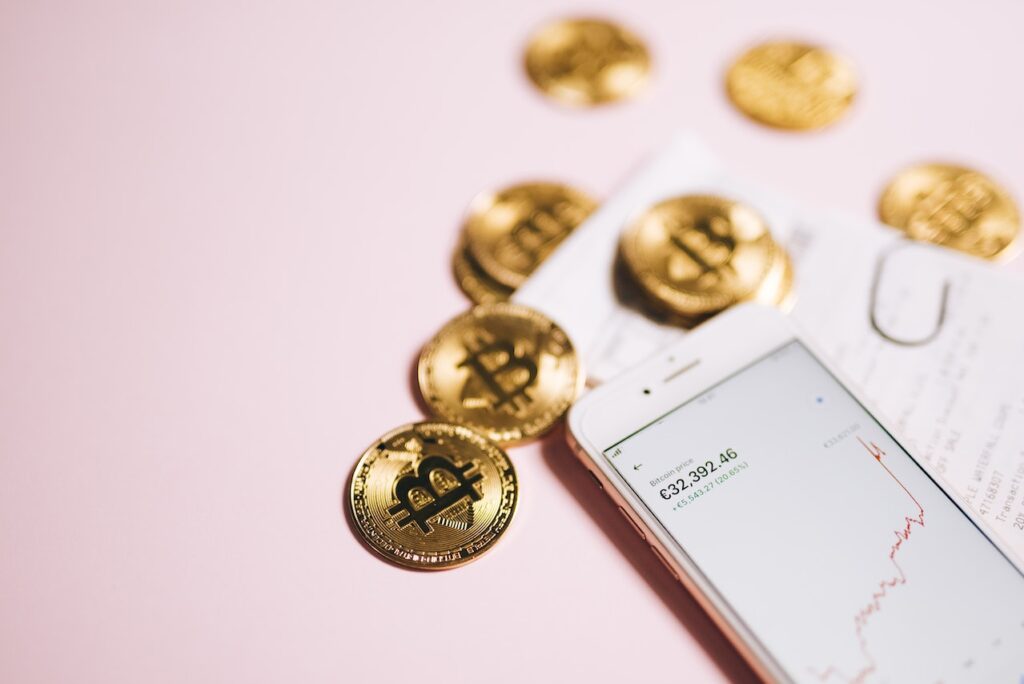Did you know that crypto scams drained over $3.94 billion in 2023 alone? Cryptocurrencies hold huge potential. They offer new ways to invest and manage money. But, this exciting world has a dark side. Scams are everywhere, and they’re getting smarter. Knowing how to protect yourself is crucial. The best defense is arming yourself with knowledge about these scams.
Understanding the Landscape of Crypto Scams
A crypto scam is any scheme that uses digital currencies to cheat you out of your money or information. Crypto is attractive to scammers for several reasons. Transactions can be anonymous. Regulations are often unclear or lacking. This makes it hard to track and catch criminals.
Common Types of Crypto Scams
Many types of crypto scams are out there. Watch out for pump and dumps. Also beware of rug pulls and phishing attacks. Knowing these scams can help you avoid them.
Pump and Dumps
Imagine a group of people hyping up a cheap crypto. They spread the word online, and lots of folks buy in. The price shoots up, and the scammers sell their coins for a big profit. Once they’re out, the price crashes. Everyone else is left with worthless coins. It is like a balloon that pops. An example is when scammers promoted “Save the Kids” token, promising donations. Instead, they cashed out, leaving investors with huge losses.
Rug Pulls
Picture this: a new crypto project launches with great promises. The creators build hype and collect funds from investors. Then, they suddenly disappear. They take all the money from the project’s “liquidity pool.” This pool is what lets you trade the token. The token becomes worthless. This is called a “rug pull.” One infamous example is Thodex, a Turkish crypto exchange. Its CEO vanished with billions of dollars of user funds.
Phishing Scams
Phishing is when scammers try to trick you into giving up your personal info. They might create fake websites that look just like real crypto exchanges. They send emails that seem official. Or, they make fake social media accounts. If you enter your private keys or other sensitive data on these sites, they can steal your crypto. Always double-check website addresses. Never click on links from unknown sources.
The Psychology Behind Scam Victimization
Why do people fall for these scams? It’s not just about being naive. Psychological factors play a big role. Scammers use these tricks to cloud your judgment.
Fear of Missing Out (FOMO)
FOMO is a powerful emotion. Scammers use it to make you rush into bad investments. They create a sense of urgency. “Don’t miss out on this once-in-a-lifetime opportunity!” This pressure makes you act without thinking.
Emotional Investment
Sometimes, you might really believe in a crypto project. Maybe you like the team. Or, you support their mission. Scammers know this. They use your emotions to gain your trust. This trust can make you ignore red flags.
Red Flags: Identifying Potential Crypto Scams
Learning to spot red flags is key to avoiding crypto scams. Here are some things to watch out for. They can save you a lot of money.
Unrealistic Promises and Guaranteed Returns
If something sounds too good to be true, it probably is. Crypto investments are risky. No one can promise you guaranteed returns.
Too Good to Be True
Be very careful of anything offering crazy high returns with little risk. These promises are a classic sign of a scam.
Anonymous or Unverified Teams
Transparency is important in the crypto world. You should know who’s behind a project. If the team is anonymous or their info can’t be verified, that’s a red flag.
Lack of Public Information
Look for real information about the team members. Do they have a LinkedIn profile? Are they active in the crypto community? If you can’t find any solid details, be suspicious.
High-Pressure Sales Tactics
Scammers often use high-pressure sales tactics to force you to act quickly. They don’t want you to have time to think or do your research.
Limited-Time Offers
Be wary of “limited-time offers.” These offers are designed to make you panic and invest without thinking. A real project won’t pressure you like this.
Safeguarding Your Crypto Assets: Prevention Strategies
Protecting your crypto assets requires taking specific steps. These actions help keep you safe. Here are some important strategies.
Secure Your Wallets and Private Keys
Your crypto wallet is like your bank account. Your private keys are like your passwords. Keep them safe. If someone gets your private keys, they can steal your crypto.
Cold Storage vs. Hot Wallets
Cold storage wallets are offline. Hot wallets are online. Cold storage is more secure. Hot wallets are more convenient. Use cold storage for long-term investments. Use hot wallets for daily transactions.
Two-Factor Authentication (2FA)
Enable 2FA on all your crypto accounts. This adds an extra layer of security. Even if someone knows your password, they will need a second code from your phone to log in.
Research Before Investing
Do your homework before investing in any crypto project. Don’t just rely on hype. Dig deeper and get the truth about the project.
Whitepaper Analysis
Read the project’s whitepaper. This document explains the project’s goals, technology, and team. Look for clear, realistic plans. Watch out for vague language or unrealistic promises.
Community Sentiment
Check the community’s feelings about the project. Are people excited? Or are they raising concerns? Look for honest discussions. Be wary of communities that censor negative feedback.
Be Wary of Social Media Hype
Social media is full of crypto scams. Scammers use fake accounts and bots to create hype around their projects. Don’t believe everything you see online.
Fake Influencers
Some influencers are paid to promote scams. They don’t care about the project. They only care about the money. Do your own research. Don’t trust endorsements blindly.
Bots and Artificial Engagement
Watch out for fake social media engagement. Scammers use bots to inflate their follower counts. Also be on the look out for fake likes and comments. This creates a false sense of popularity.
What to Do If You’ve Been Scammed
If you’ve been scammed, don’t panic. Take action right away. Here’s what to do:
Report the Scam
Report the scam to the authorities. The Federal Trade Commission (FTC), the Securities and Exchange Commission (SEC), and the Federal Bureau of Investigation (FBI) all handle crypto scam reports.
Secure Your Accounts
Change your passwords immediately. Revoke access to any suspicious apps or websites. Move your crypto to a new, secure wallet.
Accept and Learn
Getting scammed is a painful experience. It’s okay to feel upset. But don’t let it destroy you. Learn from your mistakes. Use this experience to make smarter choices in the future.
The Future of Crypto Scams and Security
Crypto scams are always changing. New scams emerge as technology advances. Staying ahead of these trends is vital for protecting yourself.
Emerging Scam Tactics
Keep an eye out for new scam techniques. Scammers are now using AI to create more convincing scams. They also exploit vulnerabilities in DeFi platforms.
Regulatory Landscape
Governments are starting to regulate the crypto industry. These regulations can help to protect investors. But regulation is a slow process. It is up to you to protect yourself.
The Role of AI in Scam Detection
AI can also be used to detect and prevent scams. AI algorithms can analyze transactions and identify suspicious activity. This can help to flag potential scams before they cause too much damage.
Conclusion
Staying safe in the crypto world means being alert. Education is your best defense against scams. Remember to be skeptical. Do your research. Protect your assets. Informed participation is essential. It is what ensures crypto’s success.







Facebook Comments